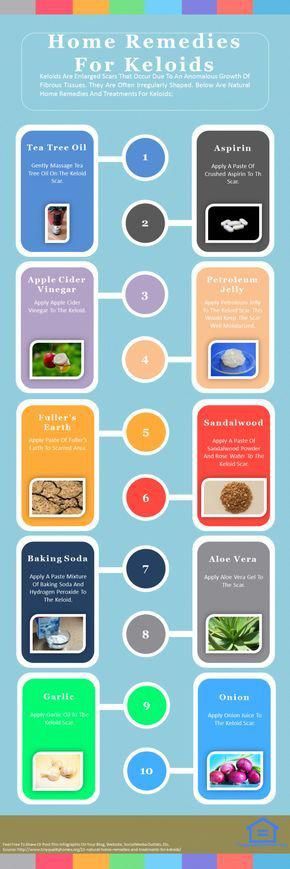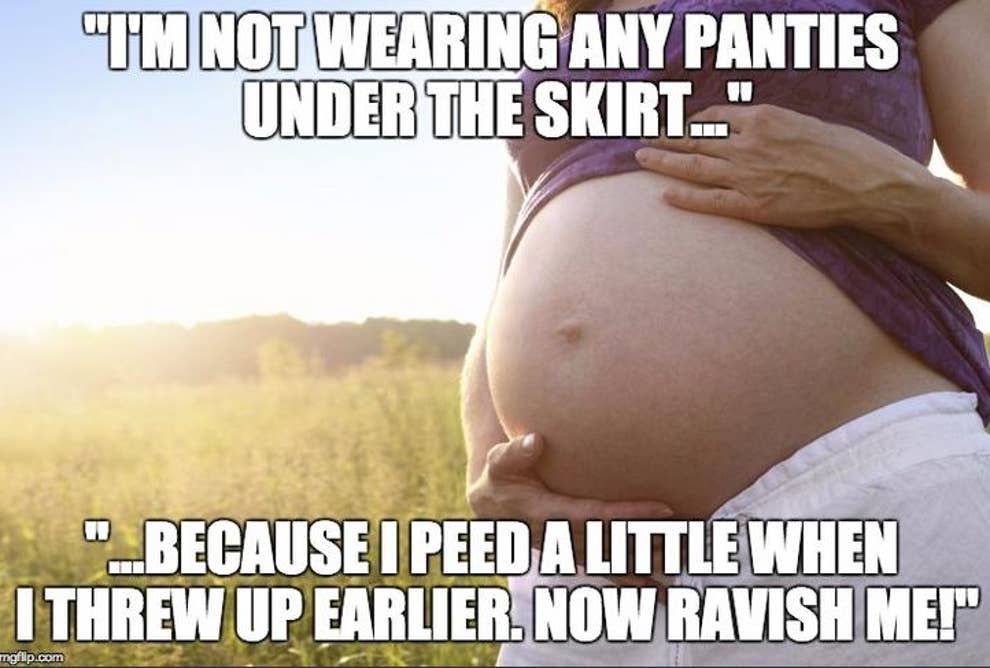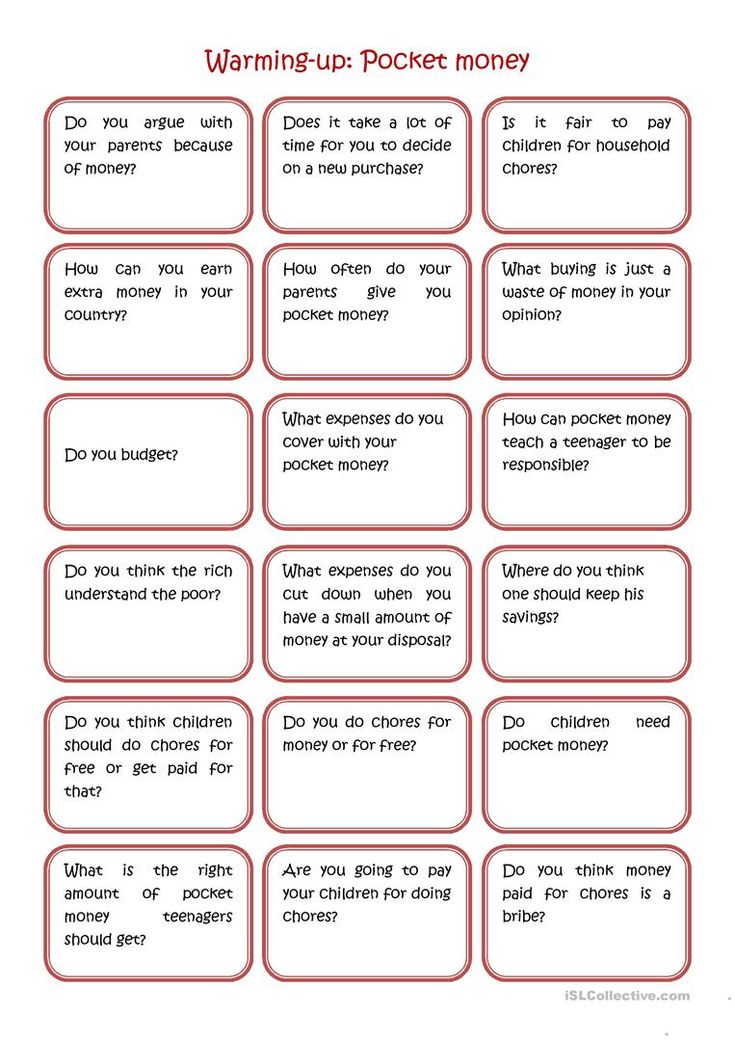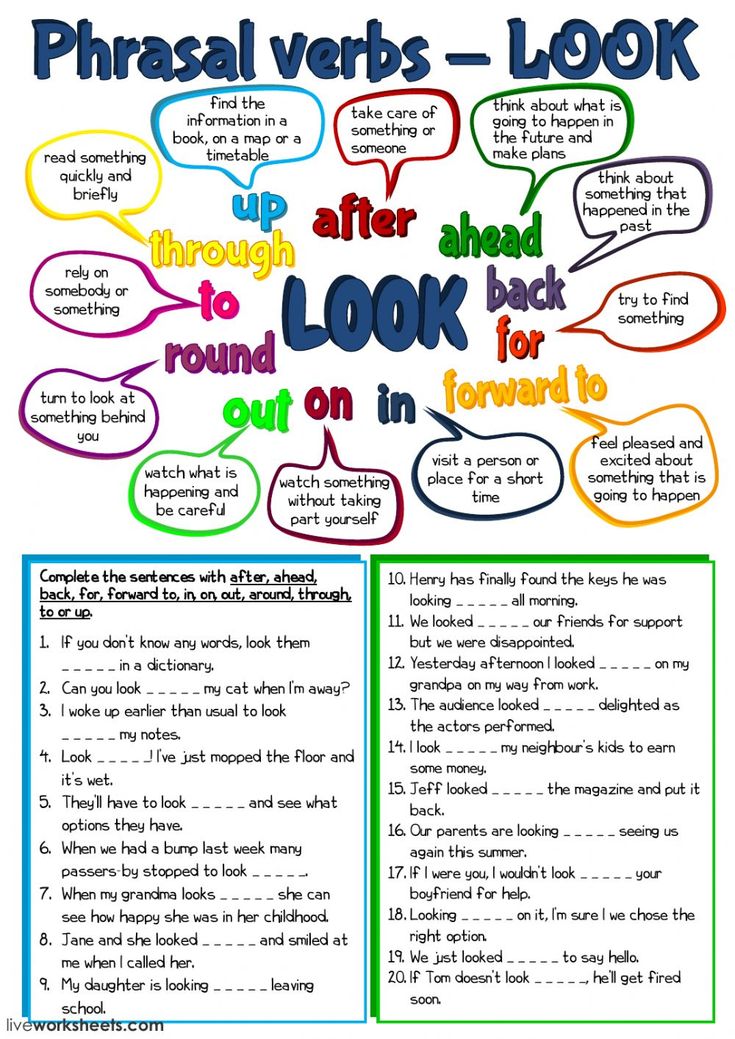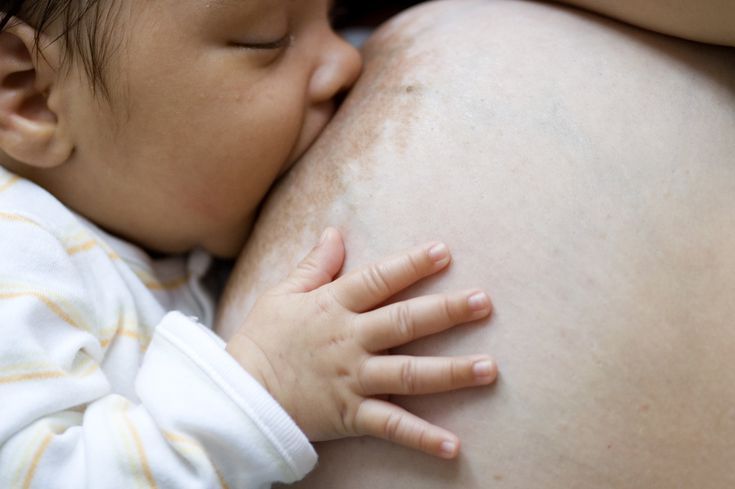How early can a baby be delivered
How Early Can a Baby Be Born?
About one in 10 American babies is born preterm, defined as prior to 37 weeks into their mother’s pregnancy, according to the U.S. Centers for Disease Control and Prevention. But fewer than 1 percent of preemies are born not just weeks but three or more months before their due dates—an extreme level of prematurity that threatens survival and can pose lifelong health complications for the tiniest babies.
Until about 1980, babies born at or before 24 weeks’ gestation were almost certain to die, according to the American College of Obstetricians and Gynecologists (ACOG). But the age of viability—when a premature infant can potentially be saved with intensive medical support—has steadily crept to earlier points.
Some tiny infants weighing a pound or less are now able to be saved at 23 or even 22 weeks of gestation, says Jocelyn Austria, M.D., a neonatologist at JFK University Medical Center. “We’ve come a long way,” she says.
Fewer than 6 percent of babies currently born before 23 weeks survive, according to ACOG, and the vast majority who do deal with long-term medical problems. But three-quarters of babies born by 25 weeks of gestation will survive to be discharged from the hospital.
“With extremely premature babies, if equipment available can’t fit the baby because they’re too small, that’s unfortunately a barrier to survival,” explains Brittany Reid, M.D., director of neonatology at JFK.
The vast majority of premature babies are born 34 or more weeks into their mother’s pregnancy, Dr. Austria notes. Even though they’re larger by this point, “these babies are vulnerable, so we need to be careful with them,” she says.
Depending on gestational age, preterm babies can face medical challenges such as:
- Breathing problems
- Feeding difficulties
- Developmental delays
- Vision problems
- Hearing problems
- Cerebral palsy
That’s because the final weeks and months of pregnancy fuel the maturity of vital organs, such as the brains, lungs and liver.
“Prematurity in general raises the risk of developmental delays such as not talking on time or rolling over—milestones we look for as babies get older,” Dr. Reid explains. Every additional week a pregnancy can continue after 26 weeks greatly raises the chances a baby will live and thrive.
Reid explains. Every additional week a pregnancy can continue after 26 weeks greatly raises the chances a baby will live and thrive.
“There are different levels of delays and long-term effects,” Dr. Reid adds, “but the vast majority of babies born at 28 to 30 weeks and beyond can survive without significant complications. At less than 28 weeks, survival is possible, but the risk of long-term complications is much higher.”
Next Steps & Resources:
- Learn more about excellent care before, during and after delivery at JFK University Medical Center.
- Meet our sources: Jocelyn Austria, M.D. and Brittany Reid, M.D. To make an appointment with Dr. Austria, Dr. Reid or another doctor near you, call 800-822-8905 or visit our website.
The material provided through Health Hub is intended to be used as general information only and should not replace the advice of your physician. Always consult your physician for individual care.
Why Are Babies Born Early? (for Parents)
Reviewed by: Thinh Phu Nguyen, MD
Fetal Medicine at Nemours Children's Health
en español ¿Por qué algunos bebés nacen antes de tiempo?
Most babies are born healthy at or near their due date. Sometimes, though, babies are born early and might have health problems.
Sometimes, though, babies are born early and might have health problems.
Why Are Some Babies Born Early?
Babies born before 37 weeks are premature. A premature birth is more likely to happen when a mother has a health problem — like diabetes — or does harmful things during her pregnancy, like smoke or drink. If she lives with a lot of stress, that also can make her baby be born too early.
Many things can cause a baby to be born early or with health problems. Some of these things can be controlled, but others can't.
Here's what you can do to have a healthy pregnancy.
How Can I Stay Healthy During Pregnancy?
During pregnancy, help your baby grow strong and healthy. Be sure to:
- Start prenatal care as soon as you think you're pregnant. Prenatal care is the health care that you get during pregnancy. All pregnant women should see a health care professional as soon as they think they're pregnant, and should plan regular prenatal visits throughout pregnancy.

- Get health problems treated. It's best to have any health problems (like diabetes, depression, or high blood pressure) under control before becoming pregnant. But if you don't, talk to your doctor right away about a treatment plan.
- Eat a healthy diet. It's important to eat a variety of healthy foods before and during pregnancy. Take a prenatal vitamin to be sure you're getting enough folic acid, iron, and other important nutrients.
- Gain the right amount of weight. How much weight you should gain depends on how much you weighed before you were pregnant. Most women who are at a healthy weight should gain about 25 to 35 pounds during pregnancy. Overweight women should probably gain less.
- Don't smoke, drink alcohol, or take illegal drugs. Staying away from tobacco, alcohol, and drugs can help you and your baby avoid many serious health problems, like fetal alcohol syndrome and neonatal abstinence syndrome (NAS).
 If you do any of these things, get help to quit.
If you do any of these things, get help to quit. - Wait at least 12 months between pregnancies. Increasing the time between pregnancies may lower the chances of preterm birth, especially if you had a premature baby before.
Things You Can't Control During Pregnancy
Some things that may increase the chances of a premature birth are out of your control. This doesn't mean that your baby will be born sick or too early. Remember, most babies are born healthy.
Here are some things you can't control during pregnancy:
- Your age. Mothers who are 17 or younger or 35 or older are more likely to have a premature baby. Teen moms are more likely to get high blood pressure during pregnancy and less likely to get the health care they need. Older women are more likely to have health problems before they get pregnant.
- The number of babies (multiples). The chances of having a premature baby go up if the mother is pregnant with twins, triplets, or more.
 More than half of all twins are born early.
More than half of all twins are born early. - Your health. Moms with problems like diabetes, depression, or high blood pressure may need to see their health care professional more often to keep these conditions under control.
- Problems with an earlier pregnancy. A woman who has had a previous early delivery, or a baby born with health problems or a birth defect, is more likely to have problems in future pregnancies too.
- Other factors. It's not clear why, but black women are more likely to have premature babies than white and Hispanic women.
If you're pregnant or are planning to be, talk with your health care professional. Women who get regular prenatal care are more likely to have a healthier pregnancy and baby.
Reviewed by: Thinh Phu Nguyen, MD
Date reviewed: August 2022
Scientists have found out at what age is best to give birth
If a woman wants to become a mother of three children in the future, she should give birth to her first child at the age of no more than 23 years, scientists have found out. The science department of Gazeta.Ru tells about the ideal age for childbirth and how breast milk affects the child's ability to perceive emotions.
The science department of Gazeta.Ru tells about the ideal age for childbirth and how breast milk affects the child's ability to perceive emotions.
Over the past few decades, the age at which women first become mothers has steadily increased. First of all, this trend concerns economically developed countries: according to Report of the Statistical Office of the European Union (Eurostat) published in 2015,
Pregnancy was postponed for 14 years
For the first time in the world, a woman gave birth to a healthy child as a result of transplantation of ovarian tissues into the body, which were ...
June 10 17:31
In 2013, 51.2% of women living in the EU had their first child between the ages of 20 and 29, and 40.6% between the ages of 30 and 39. At the same time, the average age of the birth of the first child is 28.7 years. nine0003
The earliest first child is born in Bulgaria (on average at 25.7 years), Romania (25.8 years), Latvia (26. 1 years), Estonia (26.5 years), Poland and Lithuania (26. 7 years) and Slovakia (26.9 years). The later mothers are in Greece (29.9 years), Luxembourg (30.0 years), Spain (30.4 years) and Italy (30.6 years). These countries also have the largest number of women who have given birth to their first child after 40 years of age. In Russia, the age of birth of the first child is also steadily growing, but has not yet exceeded the thirty-year mark, currently amounting to 27.2 years (for comparison, at 1980 this figure was 23 years). Meanwhile, doctors do not get tired of repeating: with age, the quality and quantity of eggs that the female body produces are steadily declining. The pace of this process is purely individual, but on average it begins at the age of 30.
1 years), Estonia (26.5 years), Poland and Lithuania (26. 7 years) and Slovakia (26.9 years). The later mothers are in Greece (29.9 years), Luxembourg (30.0 years), Spain (30.4 years) and Italy (30.6 years). These countries also have the largest number of women who have given birth to their first child after 40 years of age. In Russia, the age of birth of the first child is also steadily growing, but has not yet exceeded the thirty-year mark, currently amounting to 27.2 years (for comparison, at 1980 this figure was 23 years). Meanwhile, doctors do not get tired of repeating: with age, the quality and quantity of eggs that the female body produces are steadily declining. The pace of this process is purely individual, but on average it begins at the age of 30.
A group of researchers from the University. Erasmus of Rotterdam analyzed data on pregnancies and childbirth of more than 58 thousand women. The time period covered by the data is 300 years, up until the 1970s. As the authors said in an interview with the scientific portal New Scientist , some scientists "accused" the studied material of being outdated and not reflecting the current situation. However, Dick Habbema, one of the authors of the article, states: “We needed information about those generations that aspired to have as many children as possible and did not use contraceptives.” As a result of the work, scientists managed to compile a so-called fertility calculator - a table that shows at what age a woman is recommended to give birth to the first and subsequent child, provided that she wants to become the mother of one, two or three children. nine0003
However, Dick Habbema, one of the authors of the article, states: “We needed information about those generations that aspired to have as many children as possible and did not use contraceptives.” As a result of the work, scientists managed to compile a so-called fertility calculator - a table that shows at what age a woman is recommended to give birth to the first and subsequent child, provided that she wants to become the mother of one, two or three children. nine0003
During the work, the scientists obtained the following data:
The lower the height, the earlier the birth
The height of a woman directly affects how long her pregnancy will last, scientists have found. Department of Science...
August 19 12:54
If a woman wants to give birth to three children, she must give birth to her first child no later than 23 years old, if she wants to become a mother of two children, she should start no later than 27 years old, and the first and only child can be born at 32 years old. nine0003
nine0003
In all of the above cases, the probability of successful development of the situation and the birth of all planned children will be more than 90%.
The chances of a favorable outcome will decrease to 75% if a woman starts having children at the age of 31 (if she wants to have three), 34 years and 37 years for two and one child, respectively. If pregnancy is postponed to 35, 38 and 41 years, respectively, the probability of happy motherhood will decrease even more - up to 50%.
According to the calculations of specialists, if a woman, for medical reasons, is going to give birth using in vitro fertilization (about the pitfalls of this procedure science department already told a few months ago), she has more time to think. To give birth to three children with a more than 90 percent success rate, you can start at 28, twins at 31, and with one child you can wait until 35 at all.
If you are not afraid of the 75% success rate, then the age brackets are raised to 33, 35 and 39 years respectively.
If a lady is ready to take a risk and try to carry a child conceived with the help of IVF with a 50% chance of a positive outcome, then you can start at 36, 39and 42 years respectively.
Alcohol will not spoil the baby
Breastfeeding women may well consume alcoholic beverages, scientists have found. Department of Science...
September 12 17:21
Alan Pacey, study participant and professor at the University of Sheffield, comments: “Everyone thinks that having children can wait, our research shows that it can't. Our table should be printed out and hung on the walls in clinics. We need to focus on informing high school and college girls so they can start planning their lives in advance.” In addition, researchers focus on the following fact: the media quite often report that a certain singer or actress became a mother at a very late age, including through IVF. According to scientists, in no case should one be guided by this information, thinking that "if she could do it, I can do it too.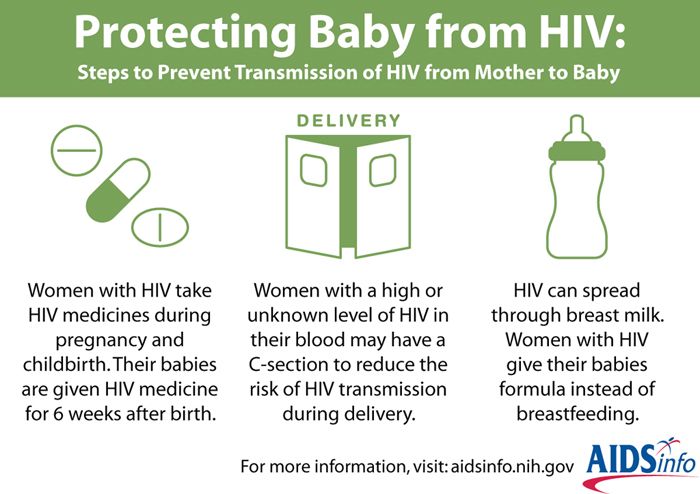 " Spanish researcher Martha Devesa says we don't know how many failed IVF attempts these women went through, or what treatment they needed to make the pregnancy uncomplicated. nine0003
" Spanish researcher Martha Devesa says we don't know how many failed IVF attempts these women went through, or what treatment they needed to make the pregnancy uncomplicated. nine0003
But for those women who have already become mothers, there is another reason not to neglect the advice of doctors and breastfeed the baby. A paper on the discovery by a research team led by Kathleen Krol and Tobias Grossmann of the Max Planck Society's Institute for Brain Research was published in the latest issue of PNAS . Scientists have found:
how well young children respond to the emotions of those around them depends on two factors - the presence of a specific variation of the CD38 gene and the duration of breastfeeding. nine0003
The results of an experiment in which 98 seven-month-old children and their mothers took part showed that children who were fed breast milk in the first months of life preferred to look at faces showing happy emotions and showed less interest in angry or sad faces. Mother's milk was even able to level the results of the work of a special variation of the CD38 gene, which reduces the level of the hormone oxytocin in the child's body. As a result, he does not see the difference between happy, sad or angry faces and looks at them for the same length of time. In addition, the same version of CD38 makes a child predisposed to autism. The authors of the work assure: they were able to prove that breast milk increases the level of oxytocin so much that it can cope with a genetic predisposition to poor emotion recognition and autism. nine0003
Mother's milk was even able to level the results of the work of a special variation of the CD38 gene, which reduces the level of the hormone oxytocin in the child's body. As a result, he does not see the difference between happy, sad or angry faces and looks at them for the same length of time. In addition, the same version of CD38 makes a child predisposed to autism. The authors of the work assure: they were able to prove that breast milk increases the level of oxytocin so much that it can cope with a genetic predisposition to poor emotion recognition and autism. nine0003
Late children bring back youth - articles from specialists of the clinic "Mother and Child"
The number of women who gave birth to their first child between 30 and 40 years has almost tripled in the last 20 years. In addition, the number of first-time mothers after 40 years has increased by almost 50%. And physicians are forced to reckon with it. Gradually, the offensive word “old-timer” disappeared from their vocabulary, and childbirth in adulthood is no longer considered something out of the ordinary.
Increasingly, women are postponing childbirth while studying or moving up the career ladder. The number of early births (up to 20 years old) in all civilized countries is steadily falling (Russia, however, is an exception). nine0003
Numerous studies have shown that pregnancy and childbirth after 35 do not pose such a serious danger as previously thought. The average portrait of a woman in her thirties who is preparing to become a mother has changed a lot lately. As a rule, she belongs to the middle class, is well educated, takes care of her health. Her body is not worn out by numerous births.
It has always been believed that later children are more likely to be born prematurely, gain less weight and get sick more in early childhood. Recent research has cast doubt on this. nine0003
American doctors who observed 4 thousand women in labor in one of the hospitals in New York came to the conclusion that a woman over 35 years old, if she is physically healthy and has not had miscarriages, has a chance to give birth to a normal healthy child (even if this is the first birth) almost the same as a 20-year-old.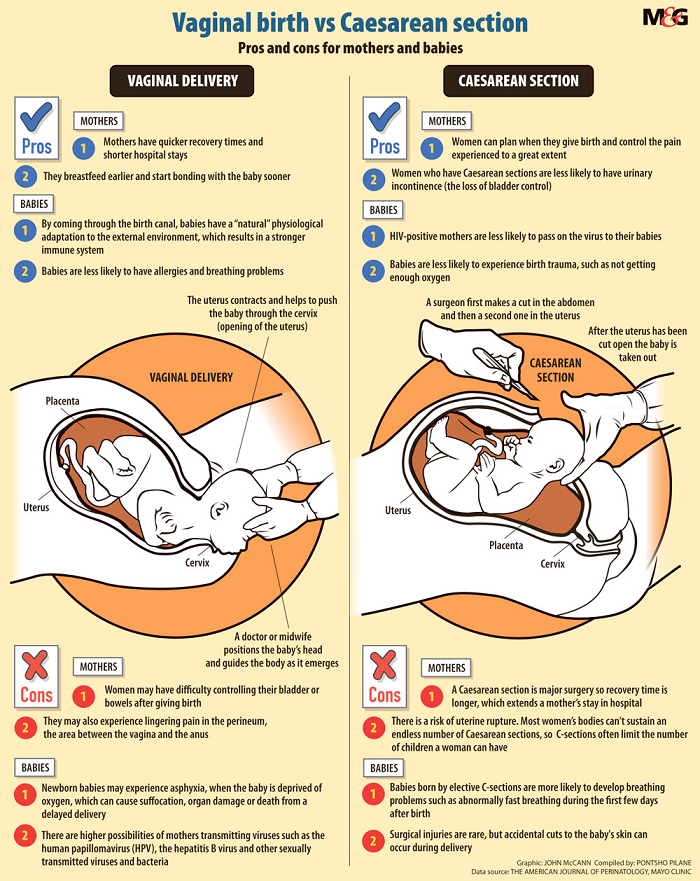
For a middle-aged woman who has devoted all her young years to a career, pregnancy is an opportunity to try herself in a completely new way. In addition, she is more likely to find support from her husband, since a mature man is psychologically more prepared for the role of a father than a young one. nine0003
As you know, psychological readiness for motherhood comes much later than biological. According to psychologists, pregnancy in adulthood is much more favorable than in early youth. A woman perceives her condition more calmly, less prone to stress, less likely to experience internal conflicts. She is more disciplined and lives in harmony with herself. Many consider the birth of a child a gift of fate or a blessing from God.
nine0067 Older women, most of whom married late, as a rule, stand firmly on their feet, have reached a certain level in their professional activities, and are confident that they will return to work some time after giving birth.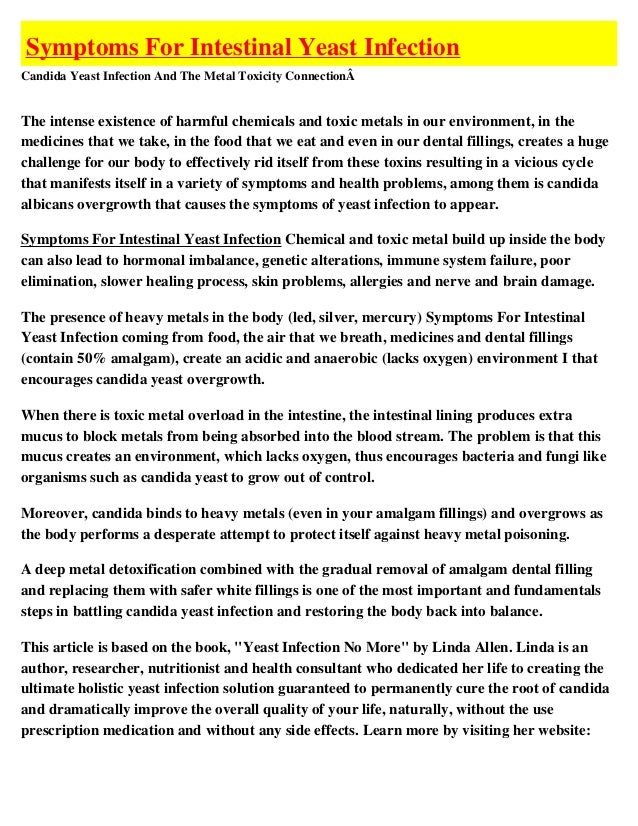 All this allows them to look to the future with great calmness and optimism. A middle-aged woman who has devoted all her young years to a career may look at pregnancy as an opportunity to try herself in a completely new capacity. In addition, she is more likely to find support from her husband, since a mature man is psychologically more prepared for the role of a father than a young one. As a rule, middle-aged parents, unlike young ones, devote more time to raising a child. As a result, many "late" children are ahead of their peers in their intellectual and physical development. The secret here is in the atmosphere of love and mutual understanding in the family where the long-awaited baby appeared. nine0003
All this allows them to look to the future with great calmness and optimism. A middle-aged woman who has devoted all her young years to a career may look at pregnancy as an opportunity to try herself in a completely new capacity. In addition, she is more likely to find support from her husband, since a mature man is psychologically more prepared for the role of a father than a young one. As a rule, middle-aged parents, unlike young ones, devote more time to raising a child. As a result, many "late" children are ahead of their peers in their intellectual and physical development. The secret here is in the atmosphere of love and mutual understanding in the family where the long-awaited baby appeared. nine0003
American psychologists conducted a survey among women who became mothers before the age of 20 and between 30 and 40 years. Both were asked to answer the question of whether they would give birth at the same age if they could make a new decision. More than half of those whose children were born before the age of 20 answered “no”, and the majority of older mothers expressed confidence that they had chosen the optimal time for the birth of a child.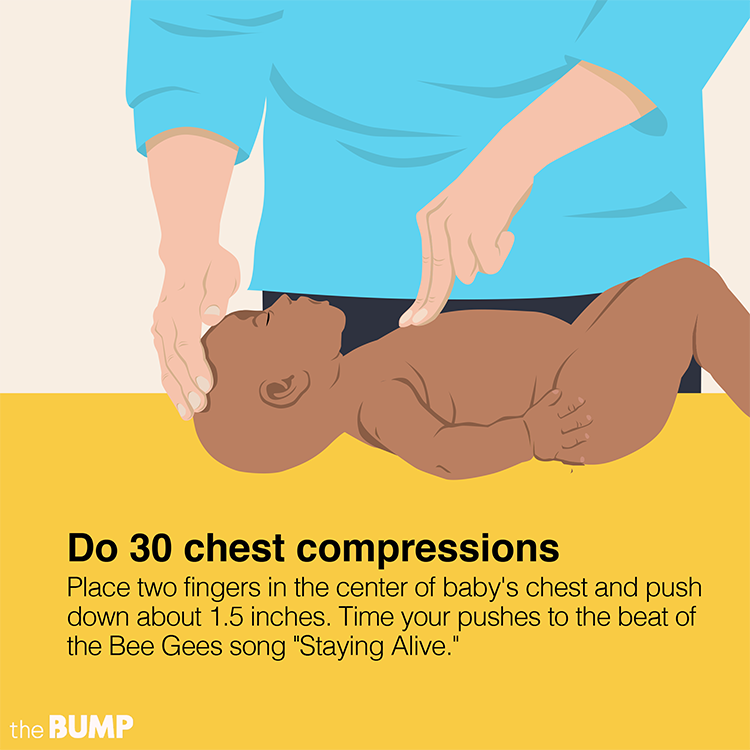
Hollywood star Kim Basinger first became a mother when she was already over 40. Actress Beverly D * Angelo, a friend of Al Pacino, gave birth to his charming twins when she was 49. The famous actress Marina Neelova had a daughter when she was 41 years old. And there are many such examples.
Doctors today can help even those women whose reproductive period has ended. Various methods are used for this: hormone therapy, implantation of a donor egg in the uterus. Muscovite Natalya Alekseevna Surkova got into the Guinness Book of Records, becoming a mother at the age of 57. She already had two adult children. Recently, a 66-year-old woman from Romania gave birth to a child. For many years she taught at the University and wrote books for children, but she had no babies of her own before. True, doctors are not particularly enthusiastic about the increase in the number of mothers-grandmothers: the risk of complications and the responsibility of the doctor who “leads” such a woman in labor are too high.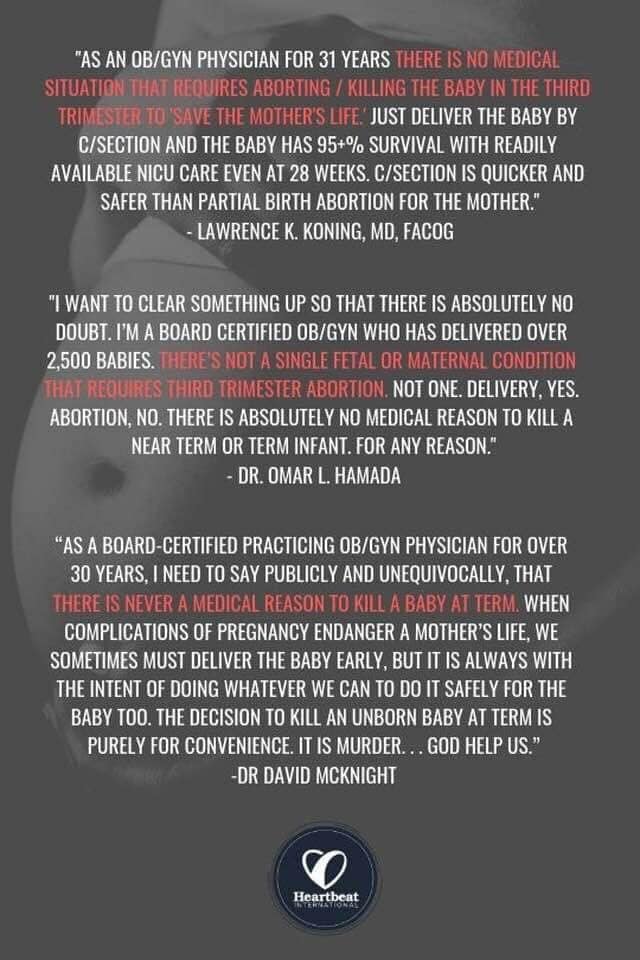 nine0003
nine0003
Of course, late motherhood has its problems. Women over 35 are more likely to experience health complications during pregnancy, especially diabetes and high blood pressure. These complications occur in approximately 6% of women over 35 years of age compared to 1.3% in younger women.
Another problem: the "solid" age of the parents increases the risk of developing anomalies in the fetus, the birth of children with severe hereditary diseases. Therefore, all primiparas over 35 years of age are usually offered an amniocentesis in the second trimester of pregnancy - an analysis of amniotic fluid. This allows you to identify about 200 hereditary diseases associated with a violation of the chromosome set. nine0003
You can also find out the degree of risk of such diseases using the "triple" test - it is done around the 16th week of pregnancy. For analysis, blood is taken from a vein. Women of older reproductive age do not recover from childbirth as quickly as younger women.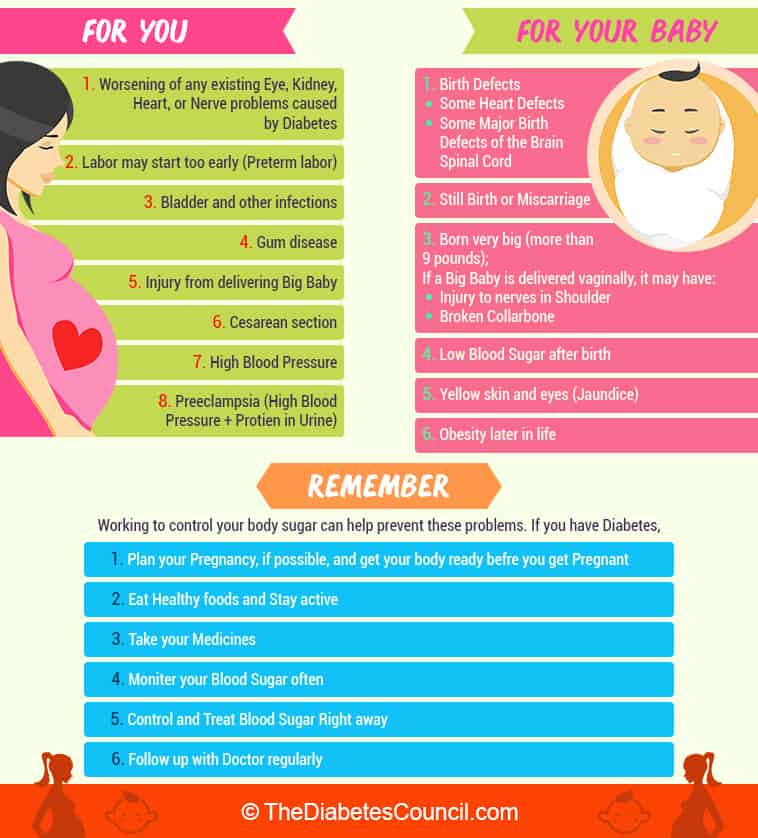 For some of them, after decades of taking care of themselves, it can be difficult to get used to the fact that the baby, especially in the first months, requires constant care and attention.
For some of them, after decades of taking care of themselves, it can be difficult to get used to the fact that the baby, especially in the first months, requires constant care and attention.
Another disadvantage of late childbirth is that parents have to limit themselves to one child or have a second one when the first one is still very small - after all, the time allotted by nature for acquiring offspring is not unlimited. nine0003
Should I do a Caesarean section?
In women over 30-40 years of age, childbirth can be more difficult and protracted than in younger women - this is the generally accepted opinion. In fact, any experienced obstetrician can testify that in many cases, older mothers do an excellent job with minimal medical help. Often and, by the way, not always justified, at this age they offer a caesarean section. This does not raise questions if there are medical indications for surgery or a woman managed to get pregnant only with the help of doctors.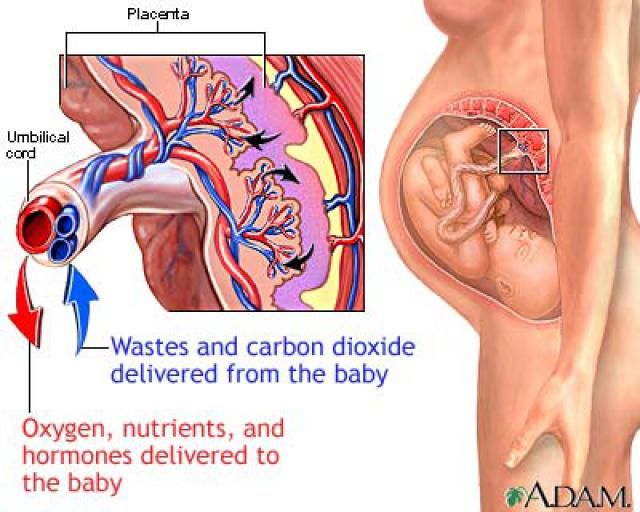 Then, trying to eliminate any risk to the baby and taking into account the aggravating factors, the doctor makes such a decision. nine0003
Then, trying to eliminate any risk to the baby and taking into account the aggravating factors, the doctor makes such a decision. nine0003
Recent studies have shown that, on average, the duration of labor for older mothers exceeds the duration of labor for young mothers by only 45 minutes. And at 40, you can not be afraid of difficult childbirth if you are well prepared for them physically and psychologically.
Where to start?
If for some reason you put off the birth of your child, you should prepare in advance for his possible birth.
Try to get rid of bad habits if you have them. By the age of 35, we have time to experience a stronger impact of adverse environmental factors than by the age of 20.
Should we add to them the harm from smoking and alcohol? Watch your health, do not start even trifling, at first glance, diseases. If you treat a cold rather than endure it on your feet, you are much more likely to keep your kidneys and heart healthy, organs that take a lot of stress during pregnancy.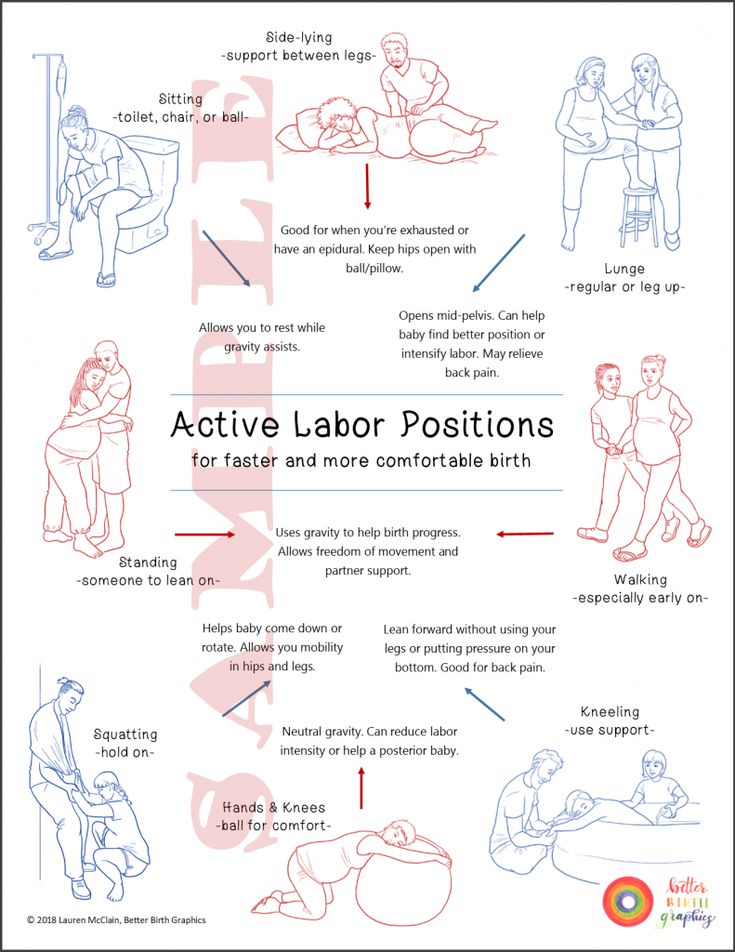
Control your weight and maintain muscle tone. Go in for sports or exercise. Excess weight creates additional problems during gestation. nine0003
It should be borne in mind that after 35 years, the ability to bear children gradually decreases. Experts believe that at this age it may take 6-12 months to conceive instead of four. Before you decide it's time to start procreation, visit a therapist. Sometimes a woman is being treated for infertility for years, during which time she develops various ailments. These diseases may not cause much concern, but they can interfere with the normal course of pregnancy. nine0067 During pregnancy, you will need to be more attentive to yourself than younger women, to strictly monitor your diet and regimen.
It is worth taking seriously the choice of a doctor and a maternity hospital. It is desirable that the clinic be equipped with everything necessary in case you need urgent help for a newborn.

